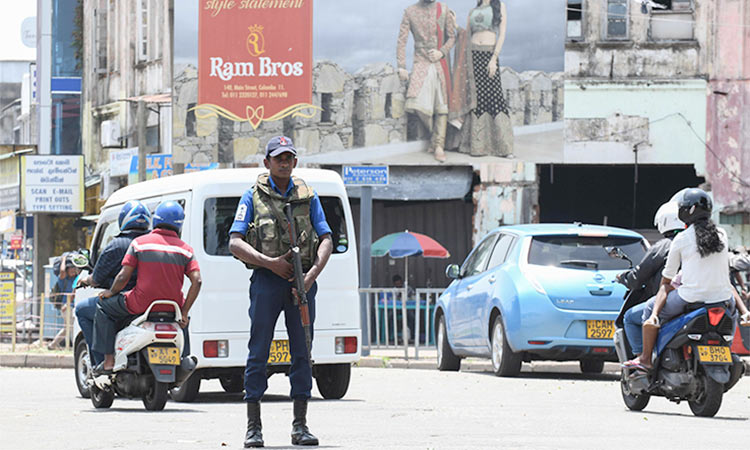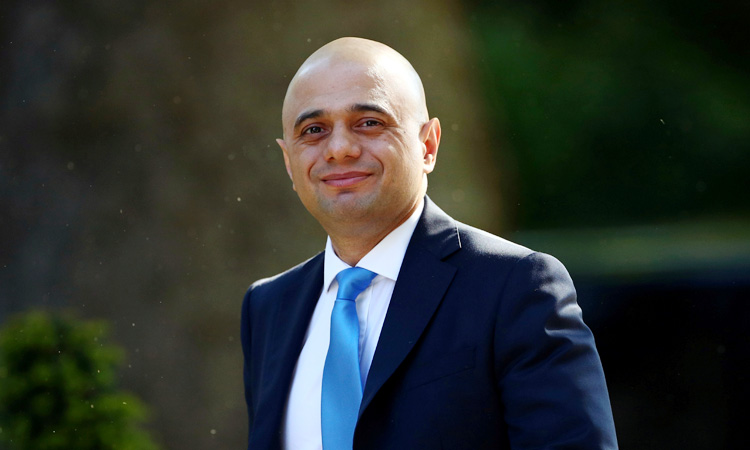Emergency unlikely to help matters in Lanka

The photo has been used for illustrative purposes.
The protests were about the rising fuel prices, soaring inflation, acute shortages, and worsening economic situation in the country of 22 million people. Police had arrested 53 people and imposed curfew in and around Colombo, the Sri Lankan capital.
The reasons that President Rajapaksa cited in the government notification for declaring emergency was to protect public order, preserve public interest, maintenance of supplies and essential services.
It appears that the emergency is to maintain public order. Tourism Minister Prasanna Ranatunge warned that protests would harm tourism, a major revenue source for the island-nation.
He said, “The main issue Sri Lanka is facing a forex shortage, and protest of this nature will hurt tourism and have economic consequences.”
Sri Lanka had devalued its currency, the rupee, last month. Trading in the country’s stock market was suspended for the third day on Friday. It is believed that the economic crisis is a result of the dwindling remittances from Sri Lankan expatriates as well as the negative impact of the two years of Covid-19 pandemic.
And the crisis is also partly attributed to the 2019 election promise of tax cuts. Sri Lankan Finance Minister Basil Rajapaksa travelled to India last month seeking financial aid.
India offered a US$1.5 billion credit line, including US$500 million for diesel shipment, and China followed this up with a US$2.5 billion credit. India and China are competing with each in offering economic help to Sri Lanka and increasing their influence. Sri Lanka had been trying to satisfy both the giant neighbours to increased investment in the country. Meanwhile, the 11-party opposition alliance has asked the president to dissolve the cabinet and form a national government.
According to an International Monetary Fund (IMF) assessment of the Sri Lankan economic situation, the country’s public debt has risen to unsustainable levels and the foreign currency reserves have fallen to insufficient levels even for short-term payments.
The country has $ 2.31 billion and debt payments of US$4 billion in 2022, including US$1 billion international sovereign bond maturity payments. The international sovereign bond makes up for US$12 billion debt, mainly financed by Asian Development Bank, China, and Japan.
There have been some rash decisions by the Rajapaksa government. First, chemical fertilisers were banned in 2021 and the ban was revoked later. This has affected the rice output of the country.
And the government resisted turning to the IMF for a long time. It is only now that the country has turned to the IMF and the talks are scheduled between the bank and the Sri Lankan government are scheduled to be held.
It is in time of national stress that there is need for a broad political consensus. The Rajapaksa brothers – Mahinda Rajapaksa is the prime minister, Basil Rajapaksa is the finance minister -rule the roost, and their party, Sri Lanka Podujana Peramuna (SLPP), has won two-thirds majority in the August 2020 parliamentary elections after Gotabaya Rajapaksa won the 2019 presidential election with an overwhelming majority.
The SLPP has taken Sri Lanka closer to China. But with the pandemic denting the economy, the country quickly descended into a crisis.
The overconfidence of the Rajapaksas has not been helpful. It is to been seen whether the Rajapaksas will move away from their majoritarian confidence and evolve a consensus to take the country out of its present economic crisis.
The declaration of emergency might have been necessitated by the violent protests, but it may not be of much help in dealing with the crisis.







